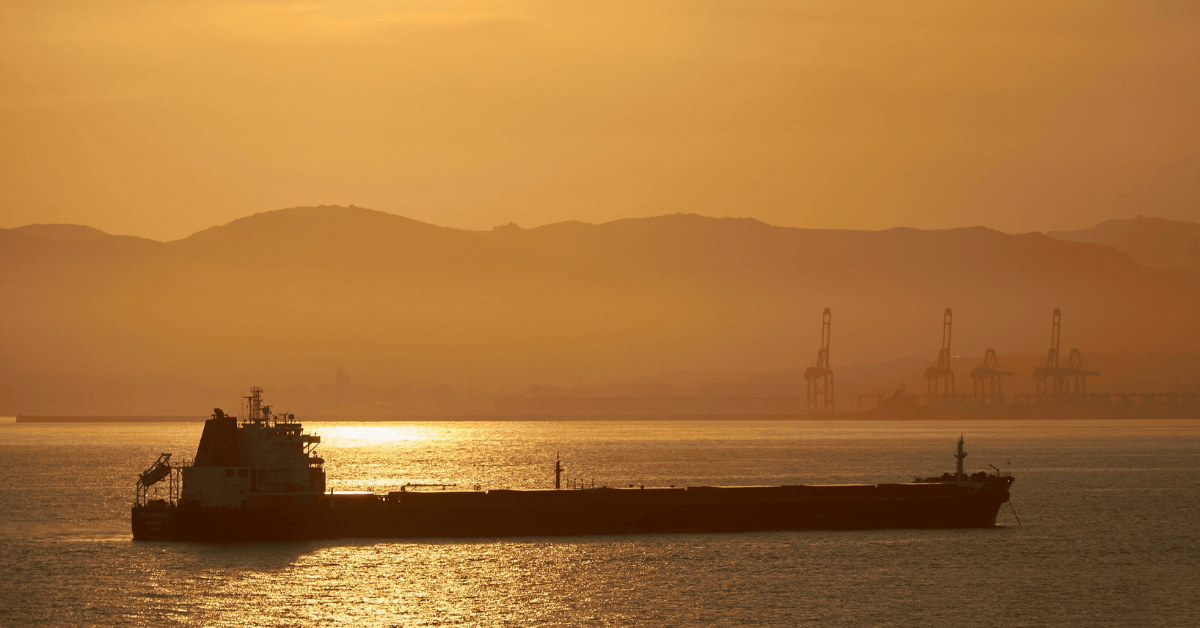
NTSB Calls For Better Fire Detector Placement After Fishing Vessel Fire
July 4, 2025
Russian Missile Strike Kills 2 At Odesa Port, Injures 6 Including Syrian Crew Members
July 4, 2025

The United States announced fresh sanctions against a network of companies, vessels, and individuals involved in smuggling Iranian oil on July 3, just days after launching airstrikes on Iran’s nuclear facilities. These sanctions aim to block the flow of money that the U.S. says Iran uses to fund terrorism.
The sanctions were introduced by both the U.S. Treasury and the State Department.
The Treasury Department targeted a group of businesses that have bought and transported billions of dollars’ worth of Iranian oil, often disguised as oil from Iraq.
The department said these companies used forged documents and blended oil to make it look like it came from Iraq, allowing them to sell it to buyers in the West.
A key figure in the network is Salim Ahmed Said, an Iraqi-British businessman. According to the Treasury Department, his group has been running this oil smuggling operation since at least 2020.
One of the companies he controls is VS Tankers, a UAE-based firm previously known as Al-Iraqia Shipping Services & Oil Trading (AISSOT), which U.S. officials allege he manages behind the scenes.
VS Tankers and other related firms have helped smuggle oil for the benefit of the Iranian government and the Islamic Revolutionary Guard Corps-Qods Force, which the U.S. considers a terrorist group. The Treasury said some of the profits from these oil sales have gone directly to this military unit.
Meanwhile, the State Department announced penalties on six more companies and identified four vessels that have helped Iran export its oil. These ships transferred oil from Iranian vessels while hiding the true origin of the cargo. The U.S. said these operations were aimed at helping Iran avoid sanctions and continue selling its oil in international markets.
The Treasury and State Departments said they are acting under National Security Presidential Memorandum 2, which directs efforts to apply maximum pressure on Iran’s regime. Treasury Secretary Scott Bessent said in a statement that the department will keep working to cut off Tehran’s access to the money it uses to carry out destabilising activities.
The new sanctions block all U.S.-based assets of the targeted individuals and companies. They also ban Americans from doing business with them.
This action comes shortly after the U.S. military carried out airstrikes on June 22, targeting three key nuclear sites in Iran. One of them was Fordow, a deeply buried enrichment facility.
The Pentagon said on Wednesday that the strikes could delay Iran’s nuclear program by up to two years. This was a stronger estimate than earlier leaked reports, which were more cautious.
Despite the military action, President Donald Trump recently hinted that he might ease some sanctions in the future. After claiming that the airstrikes had “totally obliterated” Iran’s nuclear program, he suggested that China could continue buying oil from Iran. While still critical of Iran’s Supreme Leader, he indicated that some relief might be possible if Iran chooses peace.
According to Axios, U.S. and Iranian officials are expected to meet next week in Oslo to discuss the nuclear issue.
The U.S. Treasury also imposed sanctions on a Hezbollah-linked financial institution named Al-Qard Al-Hassan. Several senior officials and one related entity were sanctioned for carrying out millions of dollars in secret transactions that ended up benefiting Hezbollah. These financial activities were designed to hide Hezbollah’s involvement and make the transfers appear legitimate.
Reference: US Department of State
Source: Maritime Shipping News


